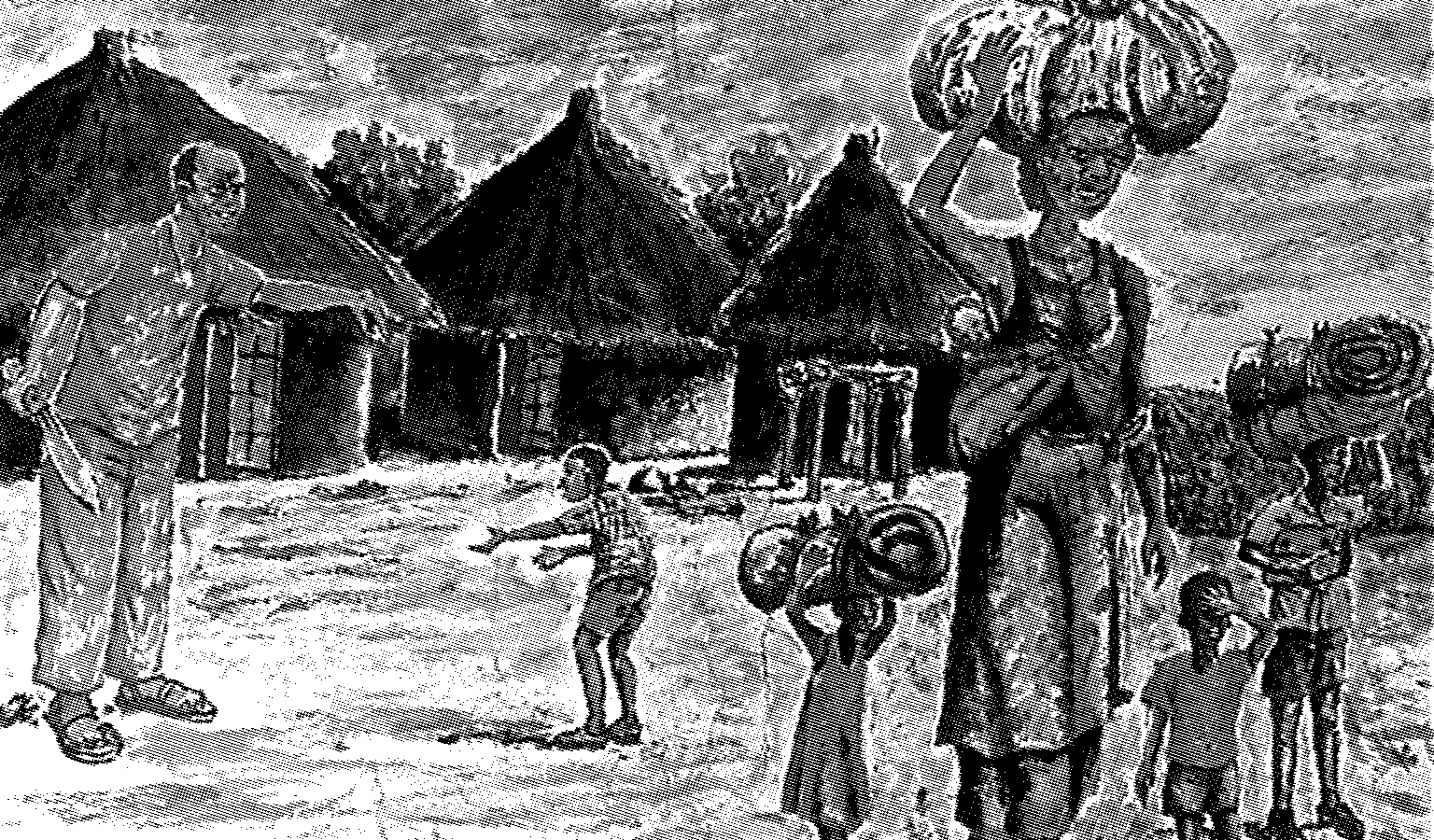
Artwork developed and produced with the support of Xchange Perspectives.
17.02.2012TrainingProductionMedia for Peace
Arts, culture and peacebuilding
In recent years, arts-based approaches to conflict transformation have gained increased attention and prominence from a range of disciplines. There is an ever-increasing number of individuals and civil society organisations utilising the arts for the positive transformation of societal conflicts. Since 2005, Xchange Perspectives has been active in South Sudan, working at the nexus of arts, culture, and peacebuilding.
- Watch Basti, Frank and Nik reflecting on Xchange Perspectives' work in South Sudan since 2005
On February 13, Search for Common Ground, the Programme in Peacebuilding and the Arts at Brandeis University and the Alliance for Peacebuilding published a report entitled 'Strengthening Work at the Nexus of Arts, Culture and Peacebuilding'. The report summarises a working session which convened on November 8, 2011, at the United States Institute of Peace on this subject.
Xchange Perspectives (XcP) highly welcomes this initiative, as the organisation has been involved in the field of arts and peacebuilding since its initiation, mainly in South Sudan.
The artistic creations resulting from the collaboration of Xchange Perspectives with South Sudanese youth all revolve around creating a reality of peaceful coexistence within communities in conflict. Be it through music, movies or drama, XcP's work has touched upon issues of social justice, unity in diversity, participation and representation, gender equity and equality to only cite a few.
"It hasn't always been easy for the people we work with," says Sebastian Prams, "because our productions often touch upon very sensitive issues." However, the fact that many of the artists "we have supported" are now voicing their perspectives in front of large audiences "is a great success for them and for us," Sebastian continues.
- Watch the music video Salam Bada (Peace starts from the heart) by Lost Boy, developed and produced with the support of XCP
This journey has not been without challenges. As it is with any innovation, XcP's work was received not only with curiosity but as well with doubt and questioning. Frank Mueller explains: "Our first acted movie productions were really difficult. The actors, for example, did not understand why we had to shoot scenes more than once." XcP has however been able to create a channel of confidence and ownership, as the individuals and communities concerned trusted in the role XcP aims to play: A role of support and partnership.
Finding common ground with the people XcP partners with during this process was crucial, and that is why Frank chose to work with more total shots in the first acted movie productions. Frank describes the result: Despite long dialogues and many total shots, "people were laughing and laughing. It was great to see that people use film to express their concerns, in their own language, in their own productions and use it as a source for dialogue about possible solutions."
However, as Jonathan White, Search for Common Ground, and Cynthia E. Cohen, Ph.D., Brandeis University, write in their report, "very few initiatives at the nexus of arts, culture and peacebuilding are resourced at a level that is sustainable, conducive to the building of long-term relationships nor supportive of practitioners identifying and engaging in best practices." The report asks: "how open are other civil society organisations, including funders, to such approaches?"
"Securing the required financial resources to support our partners is extremely difficult," concurs Dominik Lehnert, Founder and Director of XcP. "We have a huge demand for our services from civil society organisations around the globe, but the lack of financial support is challenging the delivery of these services to our partners."
He thinks that arts as an approach to peacebuilding is still not valued enough, mainly due to lacking substantial evidence of its positive effects. "We welcome the initiative taken by Search for Common Ground, Brandeis University and the Alliance for Peacebuilding and hope that this initiative translates into XCP's professional goals, drawing a future of peace and supporting the people concerned to find their way to make it a reality," says Dominik.
The report 'Strengthening Work at the Nexus of Arts, Culture and Peacebuilding' gives some first indications on the way forward. The Main pillars to strengthen this field are: Documenting the work; research and dissemination about this work and its effects; and the creation of a global network of institutions involved in this field.
XcP has been committed to this field through all its previous projects and hopes to further the conversation about arts and peacebuilding in collaboration with Search for Common Ground, Brandeis University and the Alliance for Peacebuilding, as well as to link individuals, groups and organisations by being the liaison in Germany and beyond.
- Watch Radio Maggi FM 92.5 - The Movie, established by XcP for GIZ
Research, conferences, and continuous dialogue are some of the ways through which XCP aims at putting all its capacities in action to help in furthering the echo of the field's potential and successes.
XCP's philosophy and work ethics allow the organisation to be a valid contributor to this field. Beate Mueller Grunewald, who hired XcP to set up a community based radio station in South Sudan's Magwi for the German International Development Cooperation (GIZ) in early 2010, describes some of the guiding principles of XCP. She highlights that XcP's "intercultural sensibility, methodical and technical competence and their professional approach contribute to creating a healthy learning and work environment, which then results in their productions being landmarks of positive social change in their areas of work."
XcP hopes that more attention will be allocated to the arts, culture and peacebuilding field, thus providing for more than one way to dealing with violence and conflict around the globe.


